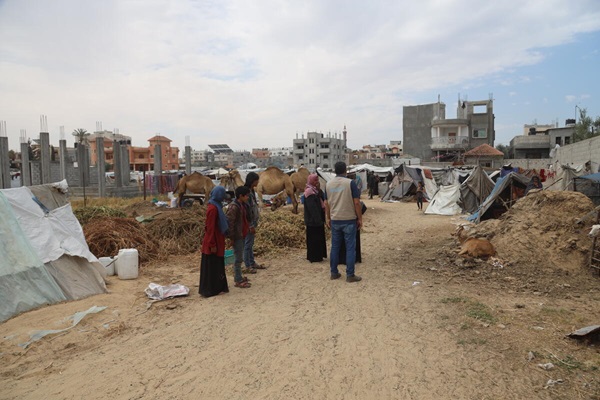Latin America and the Caribbean
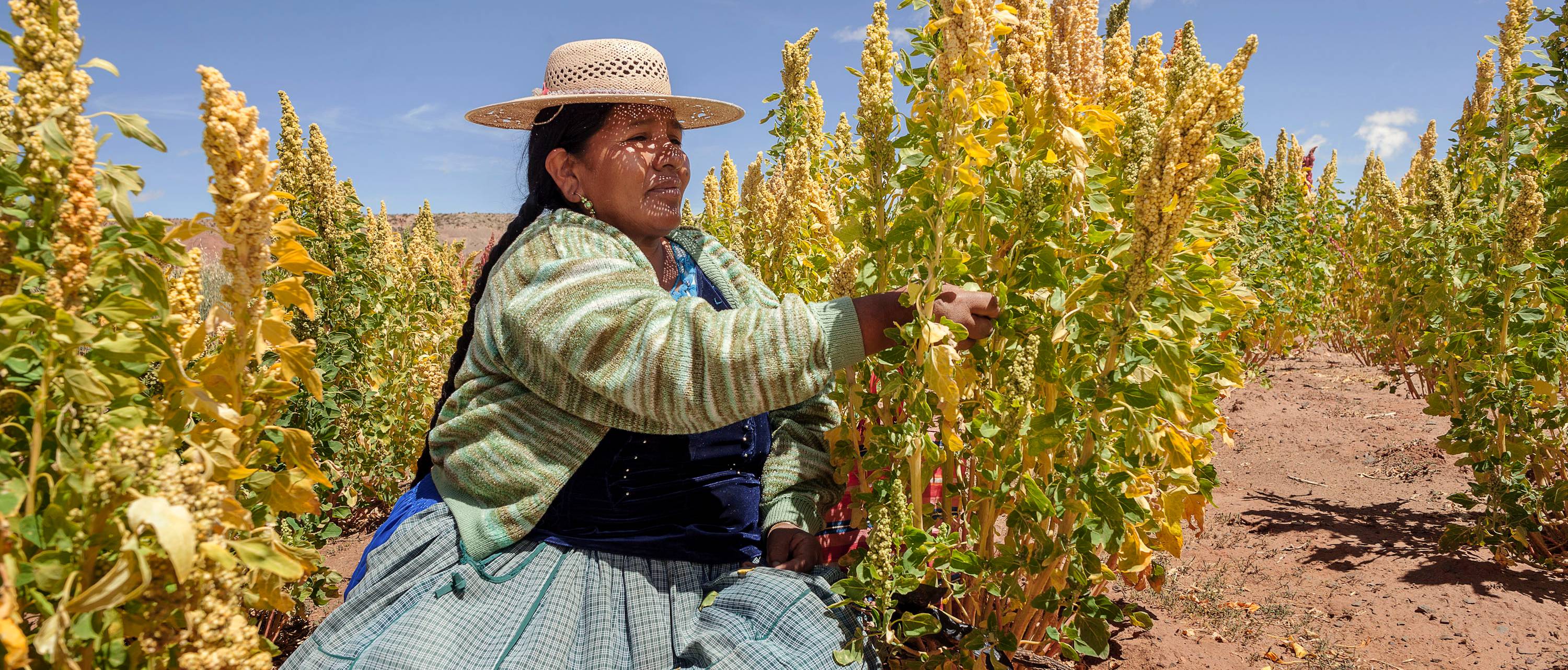
Latin America and the Caribbean is the world’s second most disaster-prone region. Recurrent climatic shocks and natural disasters add to transboundary animal disease outbreaks, conflict and political unrest, structural poverty and the economic consequences of COVID-19. These factors continue to aggravate food insecurity and the degradation of livelihoods. FAO’s work in the region mainly focuses on addressing the immediate needs of affected populations by restoring their production activities and agricultural livelihoods.
News
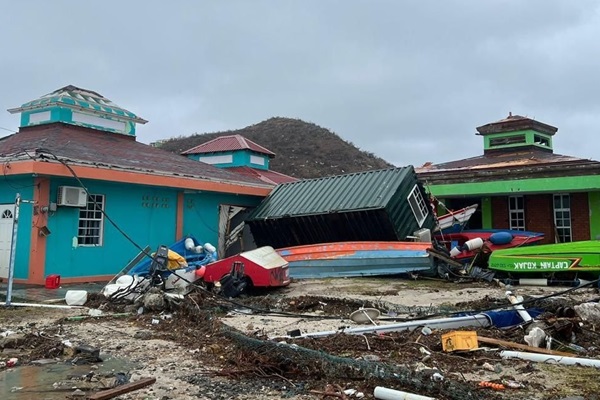
News
FAO supports Caribbean governments after the impact of Hurricane Beryl
11/07/2024
The Food and Agriculture Organization of the United Nations (FAO), as part of the United Nations Emergency Technical Teams (UNETT), is deployed in the...
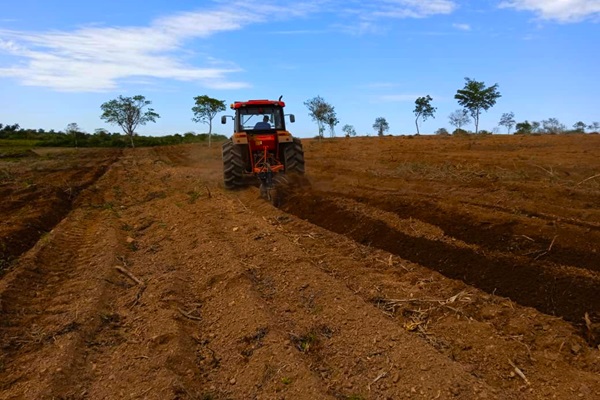
News
The awakening for Cuban farms
05/06/2024
FAO-Green Climate Fund project eradicates invasive weed to restore farms and landscapes, building climate resilience and transforming lives
Publications
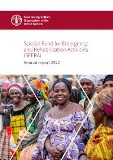
Publications
Special Fund for Emergency and Rehabilitation Activities (SFERA) – Annual report 2022
04/2023
The Special Fund for Emergency and Rehabilitation Activities (SFERA) enables the Food and Agriculture Organization of the United Nations (FAO) to take...
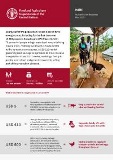
Publications
Haiti: Humanitarian Response Plan 2023
03/2023
Nearly half of the population in Haiti doesn’t have enough to eat, including for the first time ever 19 200 people in Catastrophe (IPC Phase 5).
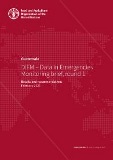
Publications
Guatemala: DIEM – Data in Emergencies Monitoring brief, round 1
02/2023
Results and recommendations, February 2023
Multimedia
Video
Women of the state of Sucre: entrepreneurs and resilient
03/04/2024
FAO Venezuela deployed actions in the states of Amazonas, Apure, and Sucre to "Reduce the protection risks of selected vulnerable communities through...

Photo collection
Bolivarian Republic of Venezuela: Reducing protection risks of vulnerable communities by improving their food security and nutrition
13/02/2024
In the Bolivarian Republic of Venezuela, people living in the states of Amazonas and Sucre are facing some of the most severe humanitarian conditions...
Video
Indigenous women of Amazonas: ancestral knowledge and community resilience
03/04/2024
FAO Venezuela deployed actions in the states of Amazonas, Apure, and Sucre to "Reduce the protection risks of selected vulnerable communities through...

